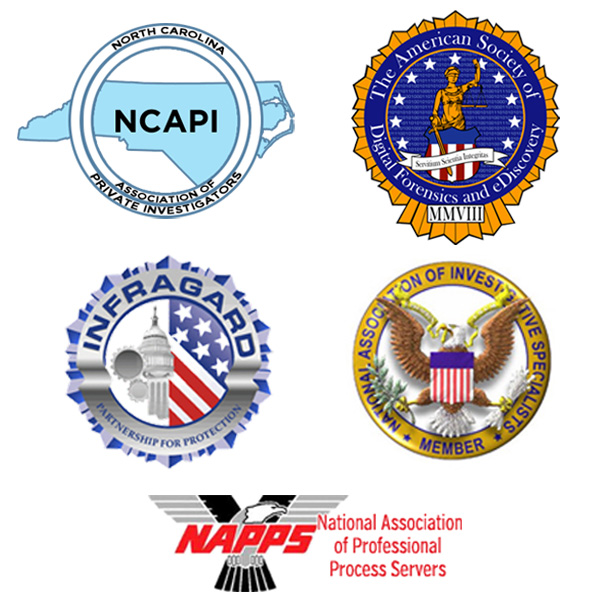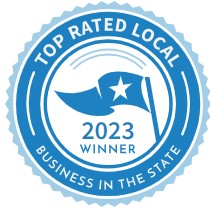Protecting Proprietary/Intellectual Property: Technical Surveillance Countermeasures
Corporate espionage is defined as the unlawful practice of obtaining non-public proprietary or operational information. Corporate espionage is practiced by foreign companies, a foreign agent, a foreign government, disgruntled employees, contractors and commercial organizations in the private sector to enhance economic development, build more advanced military technology, and gain a competitive advantage.
Corporate espionage or industrial espionage involves the illicit acquisition of confidential information through methods like bribery, technological surveillance or electronic eavesdropping, espionage recruitment, and other similar tactics.
On the other hand, competitive intelligence pertains to the legal gathering of publicly accessible data, including details about mergers and acquisitions, fresh government regulations, and insights obtained from sources like social media.
Companies specializing in competitive intelligence leverage this public data to offer guidance to their clients on strategies required to maintain competitiveness. The significance of this information is such that numerous firms have established Operational Security teams to rigorously control the dissemination of public information.
Major players in various industries heavily rely on patented and safeguarded information to maintain their competitive edge. Corporate espionage remains a constant threat among these industry giants. A recent conviction serves as a stark reminder of the severe repercussions associated with the theft of intellectual property and trade secrets, impacting both the victims and the perpetrators.
Recent events shed light on the theft of proprietary information from GE Power and Replacement Aircraft Parts Co., specifically concerning their innovative turbine sealing process and brake technology. Both perpetrators were seeking to enrich themselves and provided the Chinese government with the information to gain favor. While these perpetrators may get paid large sums of money for their illegal activities, the toll on the companies and the security of the US is immeasurable.
Beyond the immediate legal repercussions, these cases raises broader concerns for the U.S. Government. While corporate espionage is already complex when involving companies within the same country, international theft holds the potential to disrupt global market dynamics.
Although your company might not be on the same scale as RAPCO or GE Power, your intellectual property could still attract the interest of competitors. Whether your proprietary assets are intricate scientific methodologies or relatively straightforward marketing strategies, the threat of unlawful acquisition persists. Preventing insider jobs executed by disgruntled employees can prove challenging, yet you can bolster your defenses by regularly sweeping crucial areas of your corporate premises for illicit audio and video surveillance devices, commonly known as “bugs.”
Even if your company isn’t operating at the same magnitude as RAPCO or GE Power, your intellectual property remains susceptible to the attention of rival entities. Regardless of whether your proprietary assets consist of intricate scientific methodologies or more straightforward marketing strategies, the potential for unauthorized acquisition persists. Shielding against internal breaches instigated by dissatisfied employees presents a challenge, yet you can fortify your safeguards by routinely conducting sweeps of critical areas within your corporate premises, aiming to uncover concealed audio and video surveillance devices colloquially referred to as “bugs.”
These bugs often find concealment in offices, boardrooms, company vehicles, and even personal residences. Typically, the spy’s risk heightens during installation or maintenance phases, as the data they collect is increasingly accessed remotely. Historical data shows that the discovery rate for such devices stood at roughly 4% between 1969 and 1988. However, in today’s digital age, the accessibility of these devices through online channels has led to a surge in the detection rate, reaching around 16%.
If your business possesses highly sensitive intellectual property and maintains a prominent public profile, especially during employee negotiations, you might be at heightened risk. For enterprises situated in California and neighboring regions, Victory Investigations offers its assistance. Victory Investigations’ Private Investigators have extensive experience and employs state-of-the-art bug detection equipment, capable of identifying a wide range of surveillance devices, adapting to ever-evolving technologies.
The bug sweep services provided by Victory Investigations will locate, identify, and nullify any unauthorized monitoring equipment, including cameras, spyware, and intrusion/compromise. In the event such devices and technology are discovered, we can aid in developing a plan to pinpoint the responsible party. This strategy may involve leaving the device(s) in place while disseminating false information to facilitate the identification of the individual behind the espionage. We have often set traps, utilizing Social Engineering to unmask the perpetrator. It’s crucial to acknowledge that a majority of these devices are procured from the black market or online sources, making tracing their origin exceedingly difficult. Therefore, the expertise (and tradecraft knowledge) of the personnel conducting these sweeps is of utmost importance.
Choose Wisely
Selecting a reliable expert is imperative, given the prevalence of impostors in this field. If you require assistance or guidance in your region, we encourage you to reach out to our toll-free helpline. We are committed to connecting you with competent professionals capable of providing effective assistance. North Carolina, in particular, requires additional training and licensing to advertise Countermeasure service and conduct them. Whoever you decide to use, we encourage you to do due diligence on the service provider – Are they licensed? What sort of equipment do they use? Do their reviews reflect that of a professional and capable agency? These services are not cheap, so if the agency you’re considering is quoting below the industry standard, you’re likely dealing with a very poor operator. We encourage you to call around.





Speak Your Mind